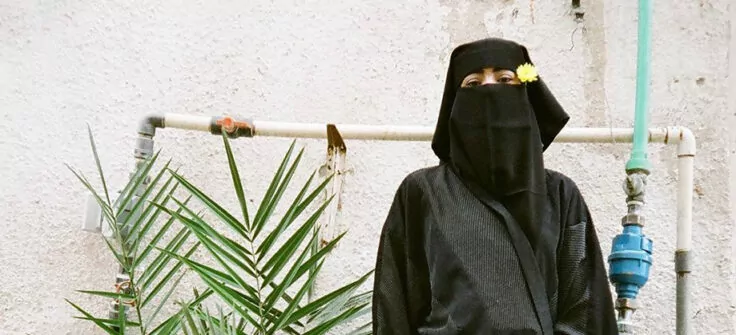Women in Saudi Arabia should be able to decide whether to wear a headscarf or a black abaya, declared Crown Prince Mohammad Bin Salman. “The laws are very clear and stipulated in the laws of Sharia: that women wear decent, respectful clothing, like men”, he said in an interview aired on CBS. “This, however, does not particularly specify a black abaya or a black head cover. The decision is entirely left for women to decide what type of decent and respectful attire she chooses to wear.”
Since HRH Bin Salman’s rise to power, the Kingdom has witnessed radical, unprecedented economic, and social changes, particularly in relation to women’s rights and individual empowerment. The plans already include the right for Saudi women to drive (which will take effect in June 2018), an increased participation of women in the workforce, and the right to exercise publicly.
On International Women’s Day, a group of Saudi women celebrated their newly acquired social freedoms by going for a jog. The 32-year old reformist leader is indeed going against the grain in the Wahhabi, conservative kingdom. Yet, it remains uncertain to what extent this declaration will be concretely supported by legal code.
As media all over the world are covering the news, HRH Princess Reema Bint Bandar Al Saud, Deputy for Planning and Development at the Saudi Arabian General Sports Authority, social entrepreneur, and MILLE’s advisory board member argues that:
“Women in Saudi Arabia work, vote, hold government office, play sports and own businesses. Saudi women are contributing to the workforce and are ascending to the highest corporate echelons with powerful voices based on talent and respect. What we wear has not and will never hold us back.”
Indeed Saudi women might be able to decide whether or not to wear a black abaya in public, but their real strength lies in constantly overcoming barriers. Now, they’re able to do so in a way that allows them to be not only recognized but also celebrated both at home and abroad.
Photography by @alishehaaby









